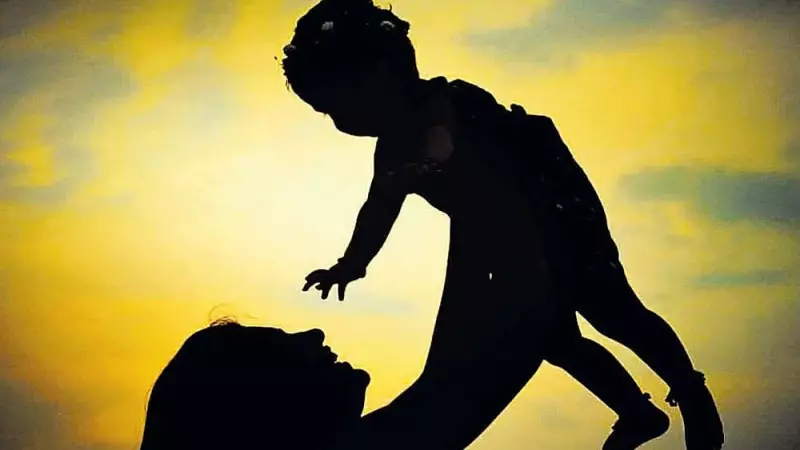
Bengaluru has witnessed a remarkable transformation in child adoption patterns over the past five years, with official data revealing a significant surge in the number of families embracing parenthood through adoption.
Staggering 72% Growth in Adoption Rates
The latest statistics show that child adoptions in Bengaluru have increased by 72% between 2020 and 2025, marking a substantial shift in how urban families are approaching parenthood. This dramatic rise highlights changing social attitudes and growing acceptance of adoption as a legitimate path to building a family.
Officials monitoring these trends have observed that more couples are now open to adoption compared to previous years. The stigma that once surrounded adoption appears to be diminishing in India's IT capital, with educated urban professionals leading this positive change in mindset.
The Supply-Demand Imbalance Challenge
Despite the encouraging growth in adoption numbers, authorities face a pressing challenge: a huge gap exists between the demand for children and children available for adoption. This imbalance has created waiting lists and extended processing times for prospective parents eager to welcome a child into their homes.
The shortage of adoptable children has become a significant concern for child welfare authorities in Karnataka. While more families are coming forward to adopt, the number of children legally available for adoption through proper channels hasn't kept pace with this increasing demand.
Changing Social Dynamics in Urban India
The data, current as of November 12, 2025, reflects broader social changes occurring in metropolitan cities like Bengaluru. Several factors appear to be driving this adoption surge:
Increased awareness about adoption procedures and legal processes has made the option more accessible to urban couples. Changing family structures and delayed parenthood decisions have also contributed to more couples considering adoption as a viable alternative.
Social workers and child rights activists have noted that the COVID-19 pandemic period may have influenced family planning decisions, with many couples reevaluating their priorities and becoming more open to non-traditional paths to parenthood.
As Bengaluru continues to evolve as a cosmopolitan hub, its residents are demonstrating progressive attitudes toward family building. However, the significant gap between children needing homes and families wanting to adopt underscores the need for continued policy reforms and awareness campaigns to bridge this divide.





